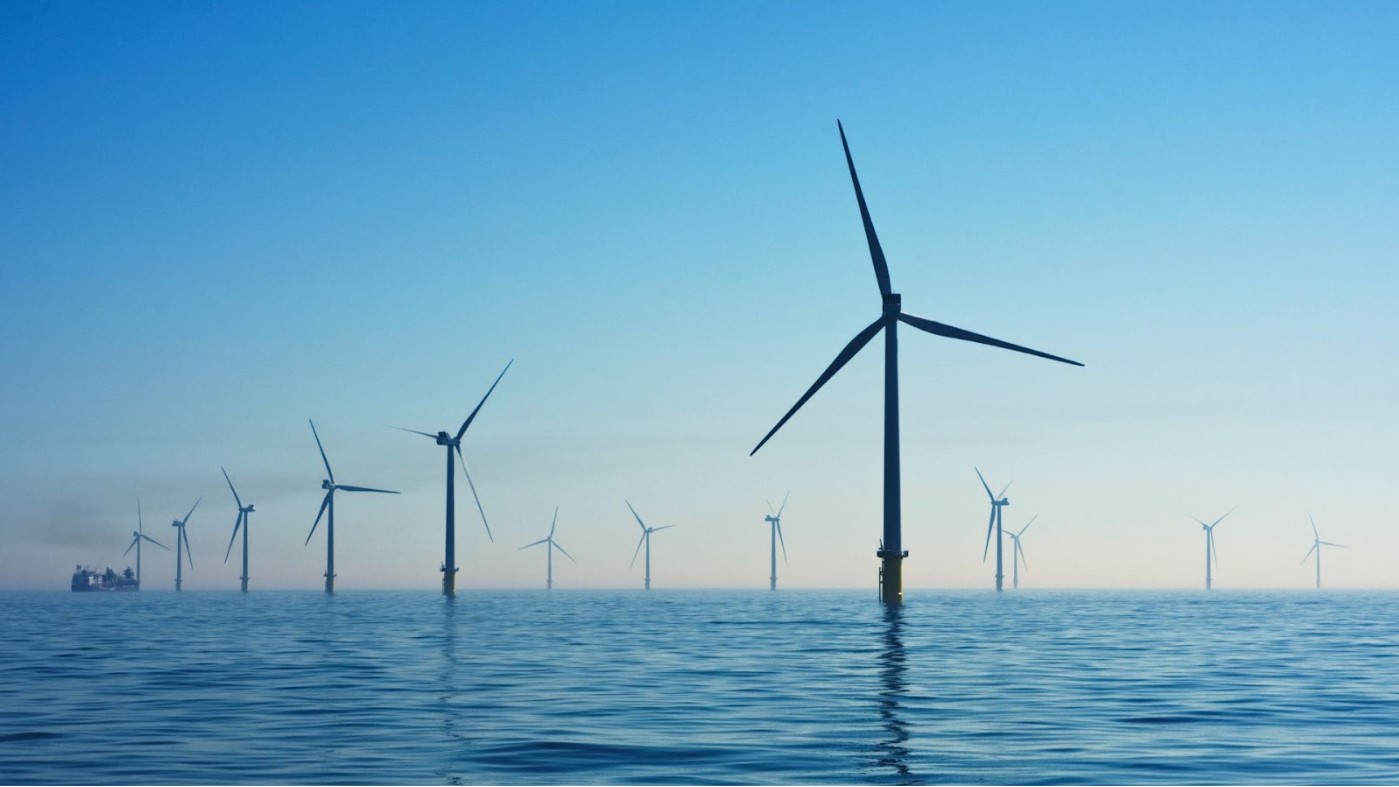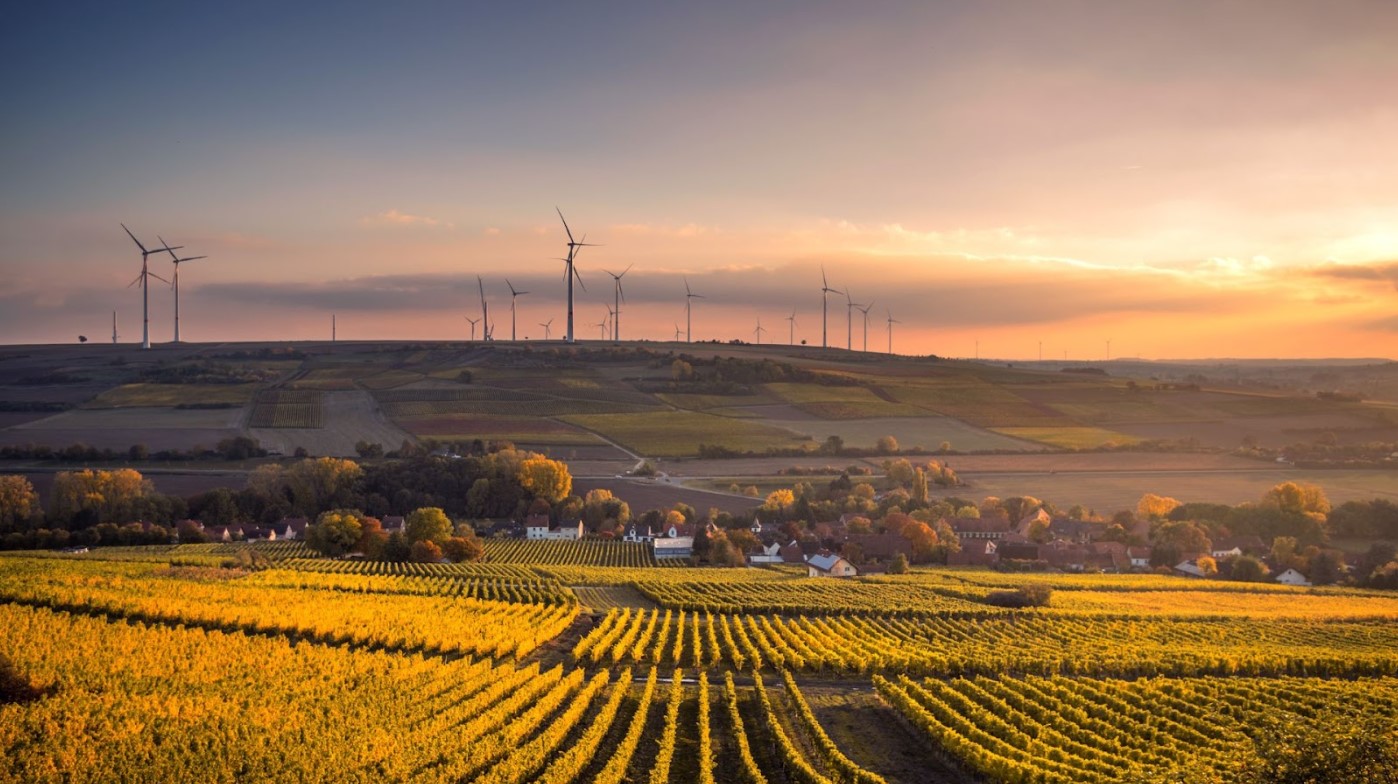Scientists Predict a ‘Population Correction’ is Coming Our Way
In 1800, the Earth’s population was approximately one billion. Fast forward to today, and it has ballooned to around eight billion.
This rapid growth, as per a new study by population ecologist William Rees, is dangerously unsustainable, pushing our ecosphere to its limits and risking a ‘population correction’ that could lead to a widespread collapse of civilizations.
Depletion of Earth's Resources at a Critical Rate
Rees contends that our inherent human tendencies make it challenging to rectify this “advanced ecological overshoot.”

Source: mrnegativew/Unsplash
Humans have evolved to reproduce, expand, and consume all available resources, forgetting that natural selection and short-term thinking still govern us.
The Collapse of Civilization
Rees issues a stark warning: in a worst-case scenario, only societies that are both wealthy and resilient might survive.

Source: Guilherme Salviano
This kind of collapse would act as a ‘correction’ to the global population, potentially occurring by century’s end and leading to a drastically transformed world. This transformation would alter the global landscape in ways that are hard to imagine, with only the most robust societies remaining.
Excessive Consumption and Pollution Fueled by Human Evolution
Rees notes that, “For most of humanity’s evolutionary history, expansionist tendencies have been countered by negative feedback.”

Source: Rebekah Blocker/Unsplash
However, the scientific revolution and the utilization of fossil fuels have enabled exponential growth, culminating in the current state of overshoot.
Climate Change is Only a Part of the Larger Problem
While climate change is a prominent indicator of the strain on our planet, it is just a small part of the overall issue, Rees emphasizes.

Source: Markus Spiske/Unsplash
We are also neglecting other signs, such as the consumption of biomass and the disruption of nutrient cycles, all of which are contributing to Earth’s sixth mass extinction.
Switching to Renewables is Not the Complete Solution
Switching to renewable energy doesn’t tackle the root cause: the explosive population growth. This surge intensifies excessive consumption, exacerbating the issue rather than resolving it.

Source: Nicholas Doherty/Unsplash
While renewable energy is a step in the right direction, it alone is insufficient to counter the problems brought on by the ever-increasing population and the resultant spike in consumption, which, in turn, worsens the overall situation.
The Race Against Time
Rees questions whether improvements in food production and combating climate change can keep up with the demands of our expanding population.

Source: Matt Palmer/Unsplash
If not, the consequences could be dire: food shortages, habitat instability, wars, and diseases may all contribute to a decrease in population numbers.
Addressing Overshoot Directly
Rees emphasizes that it is inadequate to focus on just one aspect of ecological overshoot in isolation. A more comprehensive approach is needed.

Source: Ryoji Iwata/Unsplash
We must tackle the issue of overshoot head-on to simultaneously mitigate all major associated symptoms. This holistic approach is crucial for effectively addressing the multitude of challenges that stem from the current state of advanced ecological overshoot.
The Peril of Ignorance
Rees, along with experts before him, insists on a critical need for awareness of the dangerous situation we are in. It is imperative to actively seek a healthier balance in our relationship with the Earth, acknowledging the give-and-take dynamics of our existence.

Source: ActionVance/Unsplash
This heightened awareness and commitment to change are pivotal in fostering a more harmonious interaction with our planet and ensuring a sustainable future.
Managing the Transition Could Prevent Unnecessary Suffering
Rees notes, “In the best of all possible worlds, the whole transition might actually be managed in ways that prevent unnecessary suffering of millions (billions?) of people.”

Source: Daryan Shamkhali/Unsplash
However, managing this transition becomes an impossible task in a world that remains unaware of its own dire situation and the looming population correction. This ignorance hinders proactive measures and makes managing the impending changes in a controlled and humane manner incredibly challenging, if not impossible.
The Reality Check
Addressing the looming population correction requires an honest recognition of our global predicament. Ignoring the issue or doing nothing will only amplify suffering and make the inevitable transition more chaotic and painful.

Source: NICO BHLR/Unsplash
A failure to confront reality hampers our ability to implement effective solutions, exacerbating the severity of the issues we face and complicating our path forward.
We Need to Act With Urgency
Time is running out, and taking decisive action is of the utmost importance. By admitting the gravity of our situation and diligently working to correct our ecological overshoot, we can hopefully avert unnecessary distress and construct a more sustainable future for everyone.

Source: Karsten Würth/Unsplash
Acknowledgment and proactive efforts are vital to mitigating the negative impacts and creating a world that can thrive in the long term.
